Abolition of Slavery
About this Collection
The anti-slavery movement emerged in the late 18th century as part of the more general movement of reform known as the Enlightenment. As major colonial powers with extensive slave colonies France and Britain both had a significant anti-slavery movement. The effort to abolish slavery began with a campaign to end the traffic in slaves from Africa across the Atlantic, and then to abolish slavery within the colonies. The arguments used against slavery and the slave trade were a mixture of religious, moral, political, and economic arguments.
Key People
Titles & Essays
Quotes
Colonies, Slavery & Abolition
Adam Smith on Slavery
Colonies, Slavery & Abolition
Benjamin Franklin on making the transition from slavery to civil liberty (1789)
Colonies, Slavery & Abolition
Emerson on the right of self-ownership of slaves to themselves and to their labor (1863)
Colonies, Slavery & Abolition
Frederick Douglass and his Desire to be Free
Education
Frederick Douglass and His Secret Education
Colonies, Slavery & Abolition
Frederick Douglass makes a New Year’s resolution to gain his freedom from slavery (1836)
Colonies, Slavery & Abolition
Frederick Douglass on Abraham Lincoln and the Emancipation Proclamation
Quote
Frederick Douglass on Religion and Slavery
Colonies, Slavery & Abolition
Frederick Douglass on the Ballot Box, the Jury Box, and the Cartridge Box
Colonies, Slavery & Abolition
Harriet Martineau on the institution of slavery, “restless slaves”, and the Bill of Rights (1838)
Colonies, Slavery & Abolition
J.B. Say argues that colonial slave labor is really quite profitable for the slave owners at the expense of the slaves and the home consumers (1817)
Colonies, Slavery & Abolition
John Calhoun on Slavery as a Positive Good
Colonies, Slavery & Abolition
John Millar argues that as a society becomes wealthier domestic freedom increases, even to the point where slavery is thought to be pernicious and economically inefficient (1771)
Colonies, Slavery & Abolition
John Stuart Mill on “the sacred right of insurrection” (1862)
Colonies, Slavery & Abolition
John Stuart Mill on the “atrocities” committed by Governor Eyre and his troops in putting down the Jamaica rebellion (1866)
Colonies, Slavery & Abolition
Sir William Blackstone declares unequivocally that slavery is “repugnant to reason, and the principles of natural law” and that it has no place in English law (1753)
Education
The ex-slave Frederick Douglass reveals that reading speeches by English politicians produced in him a deep love of liberty and hatred of oppression (1882)
Colonies, Slavery & Abolition
Thomas Clarkson on the “glorious” victory of the abolition of the slave trade in England (1808)
Colonies, Slavery & Abolition
Thomas Jefferson on Slavery and Liberty
Colonies, Slavery & Abolition
Thomas Jefferson on Slavery and the Wrath of God
Colonies, Slavery & Abolition
Thomas Jefferson’s First Draft of the Declaration of Independence denounced the slave trade as an “execrable Commerce” and slavery itself as a “cruel war against nature itself” (1776)
Notes About This Collection
For more information see:
- David Brion Davis, The Problem of Slavery in Western Culture (Harmondsworth: Penguin, 1970).
- David Brion David, The Problem of Slavery in the Age of Revoltuion, 1770-1823 (Ithaca: Cornell University Press, 1977).
- Roger Anstey, The Atlantic Slave Trade and British Abolition, 1760-1810 (Atlantic Highlands, New Jersey: Humanities Press, 1975).
- William M. Wiecek, The Sources of Antislavery Constitutionalism in America, 1760-1848 (Ithaca: Cornell University Press, 1977).
- Robin Blackburn, The Overthrow of Colonial Slavery, 1776-1848 (London: Verso, 1988).

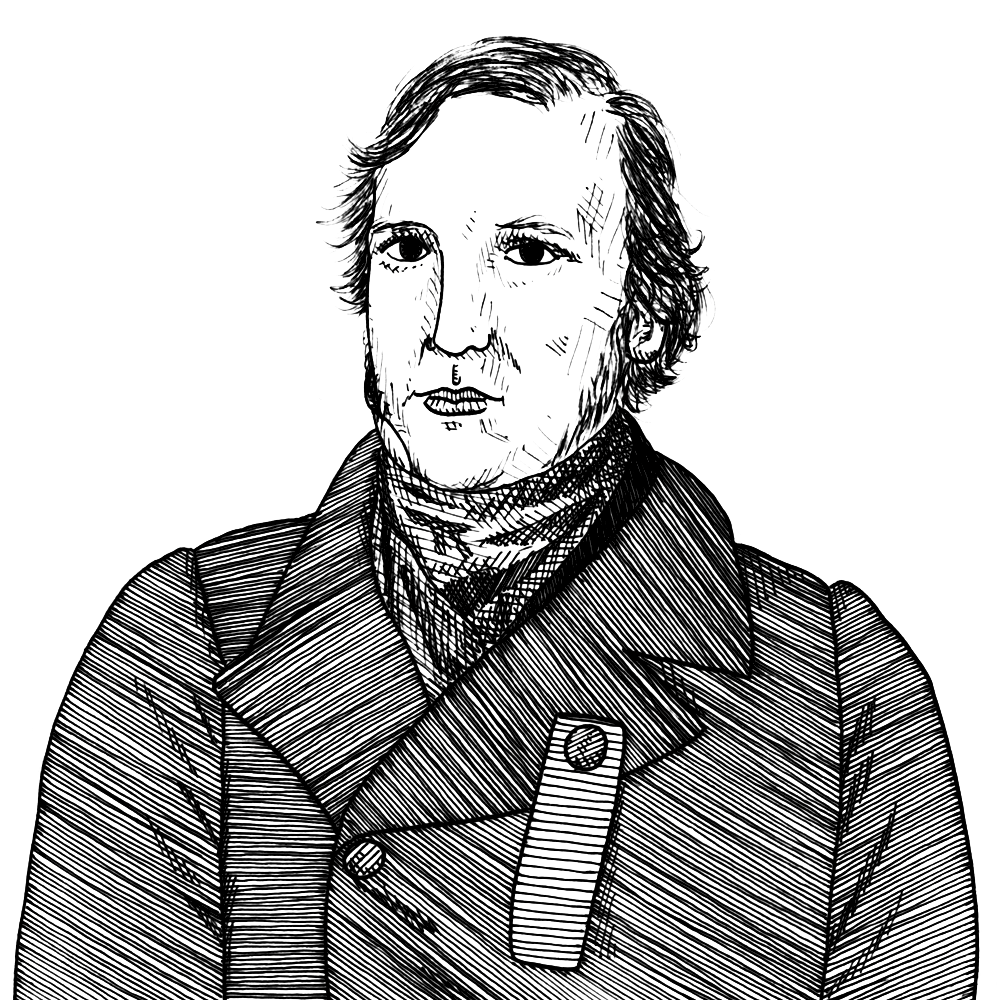
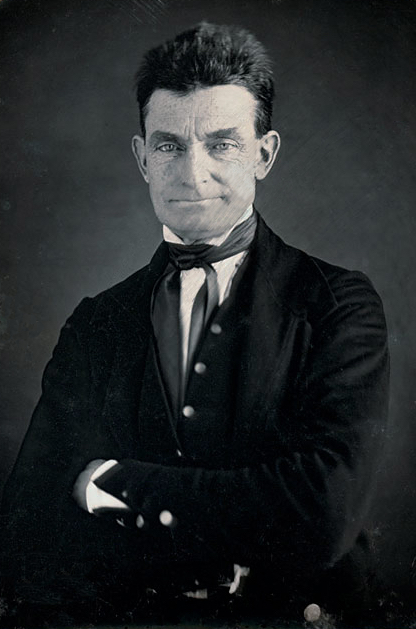
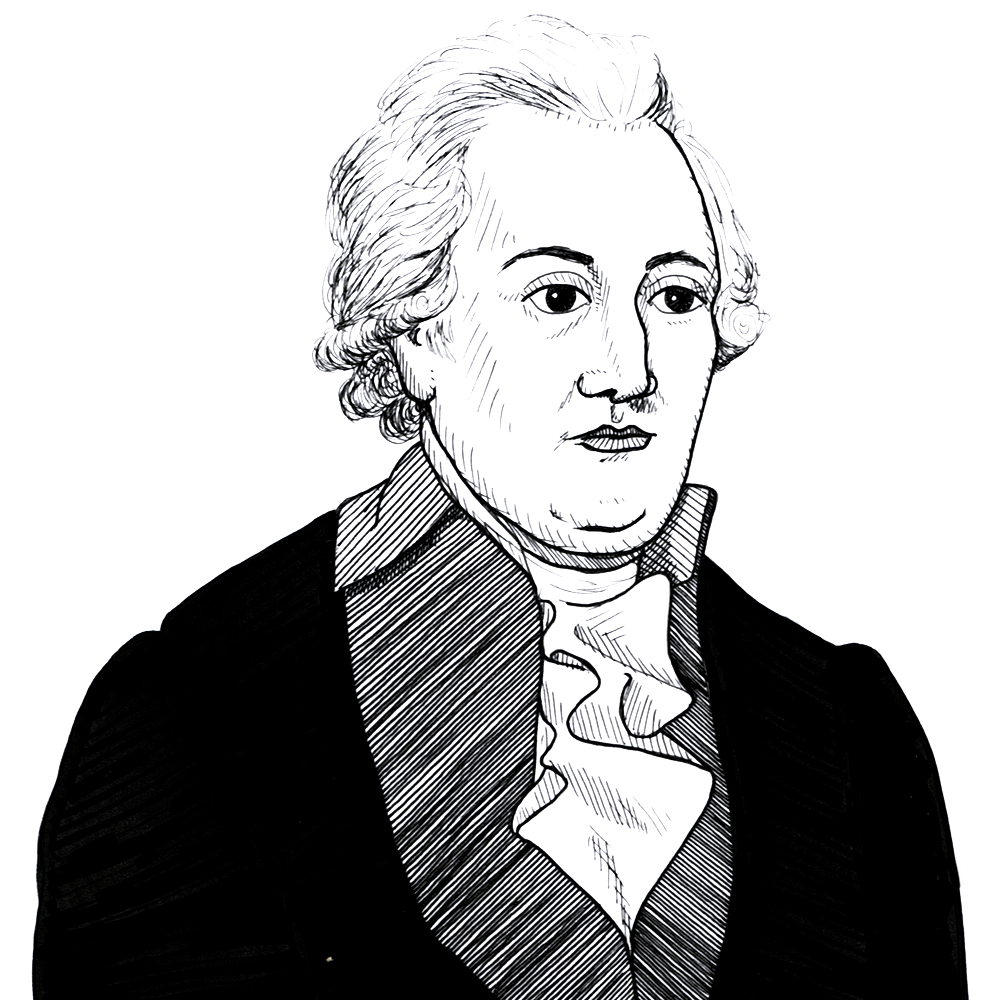
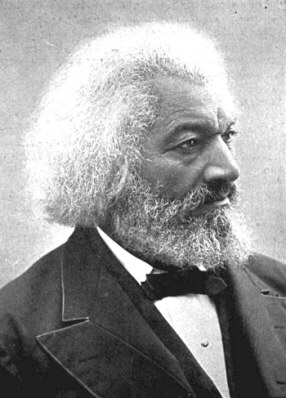
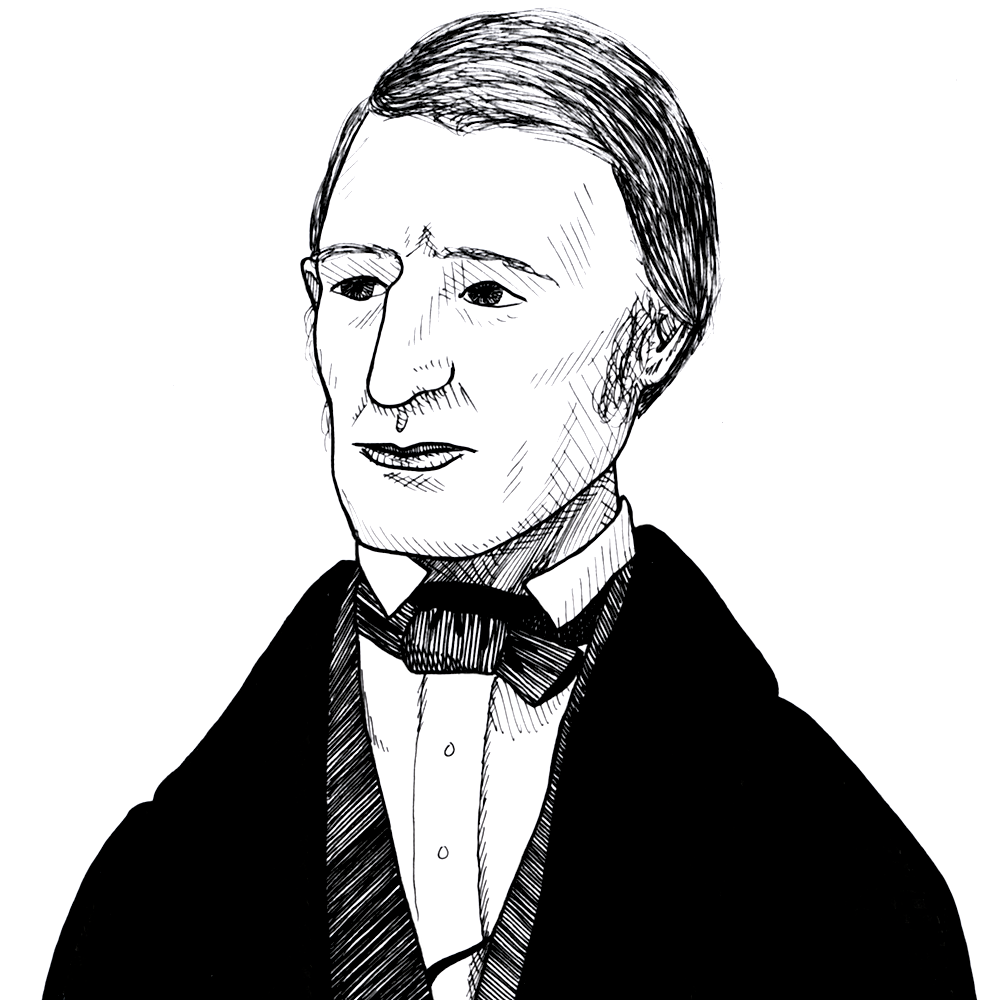
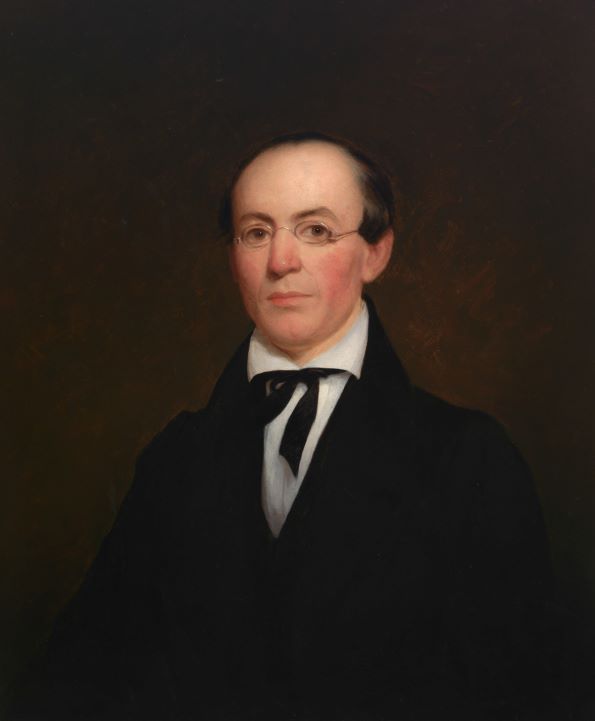
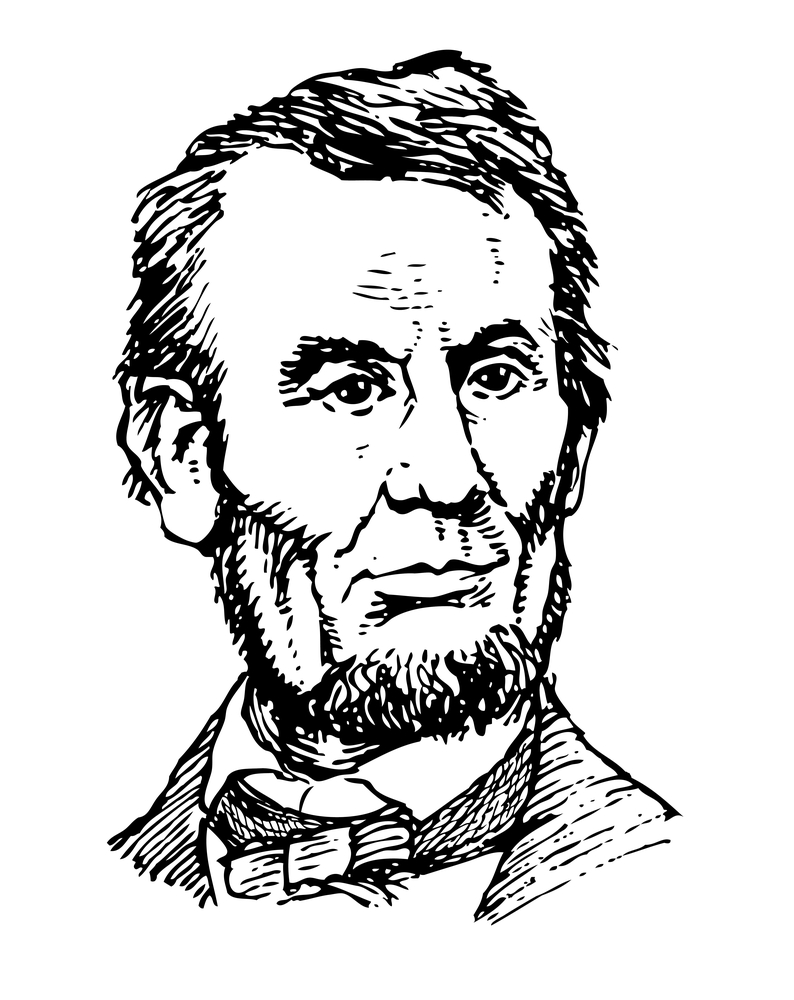

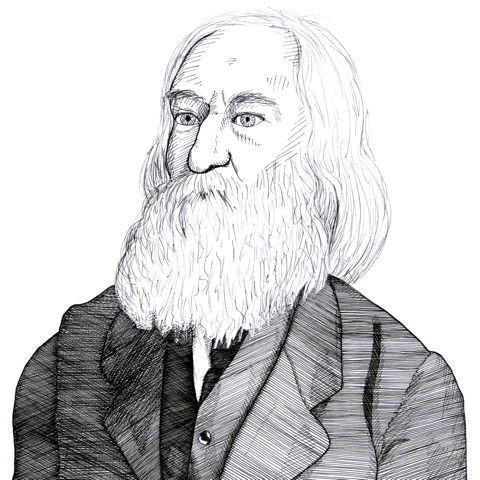
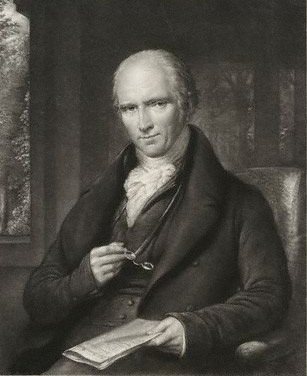
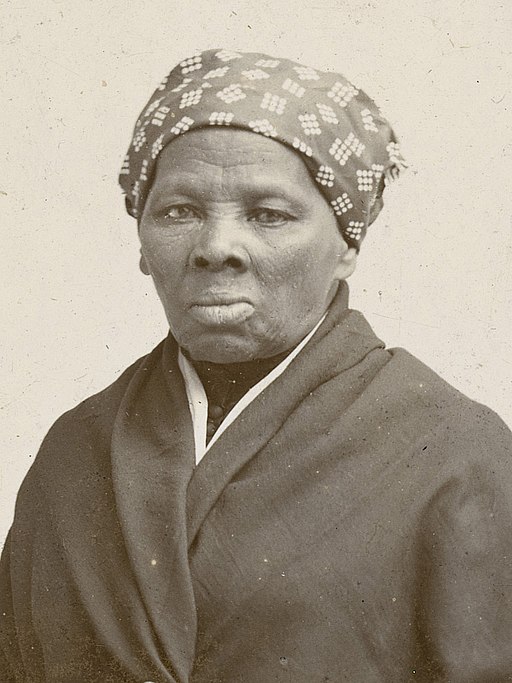
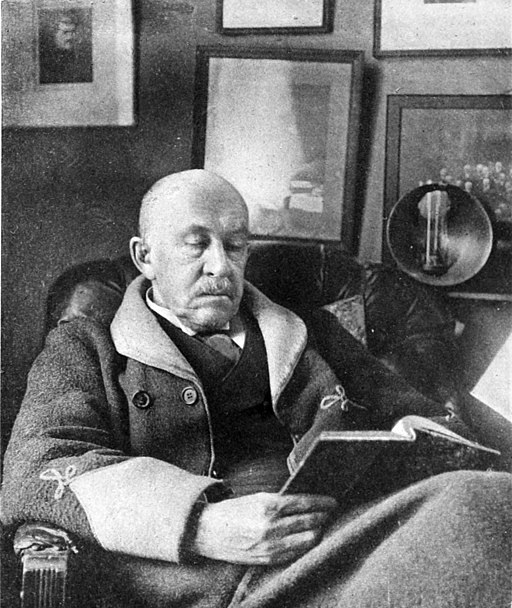
Social History And Conditions. Social Problems. Social Reform